Research at the Cryogenic Fluid Dynamics Lab, Department of Engineering Science, University of Oxford
Research Projects
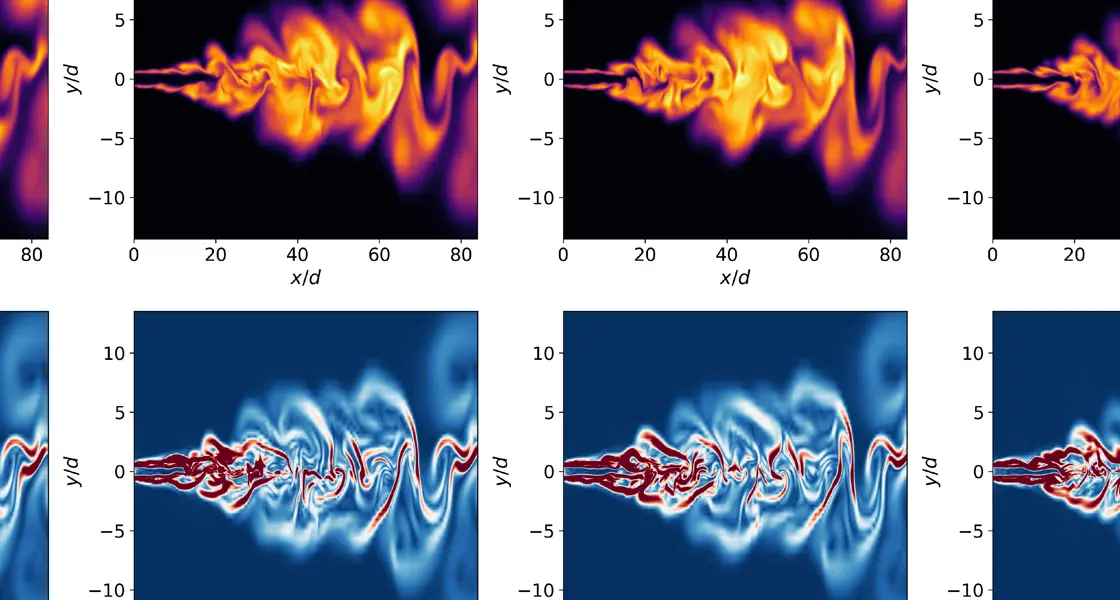
Fundamental Multiphase Cryogenic Processes
Our focus:
- Modelling thermophysical properties of cryogenic fluids at a range of operating conditions using real fluid thermodynamics
- Developing sub grid scale models for phase change and turbulence specifically tailored to perform accurately in simulations involving ultra low temperatures.
- Investigating supercritical flow regimes which have a particular manifestation at cryogenic fluids due to their low critical points.
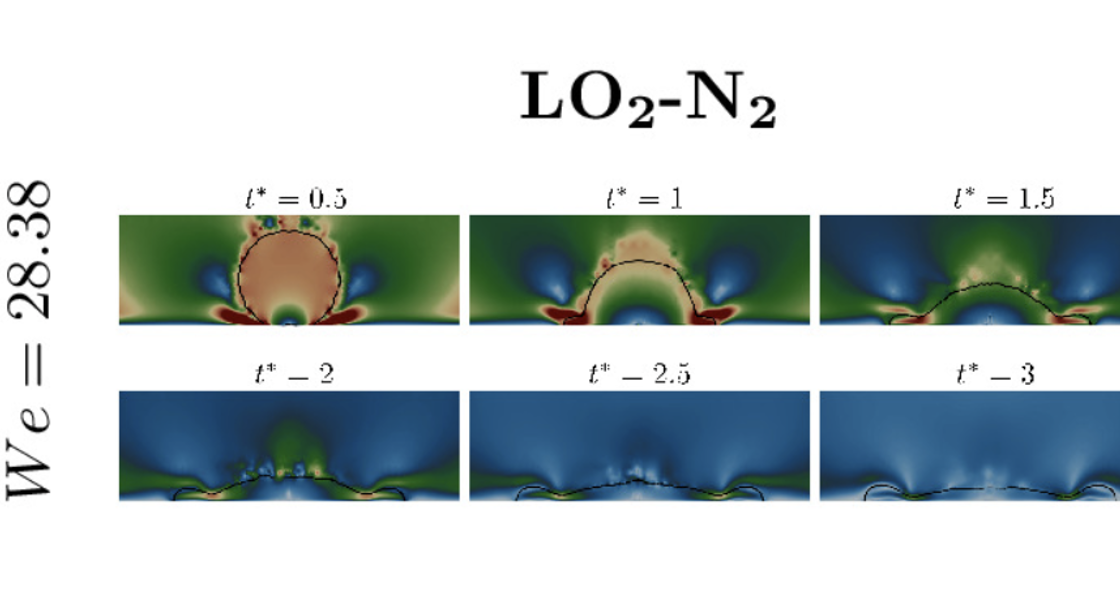
Cryogenic Fluid Interaction with Surfaces
We have developed a tailored in-house solver in OpenFOAM, which employs algebraic Volume of Fluid method with adaptive mesh refinement and numerical treatments to improve the interface description are also implemented.
Our objective is to provide insights into the dynamics of cryogenic droplets impacting solid surfaces and to determine whether conclusions drawn from existing literature on non-cryogenic conditions can be applied to cryogenic drops.
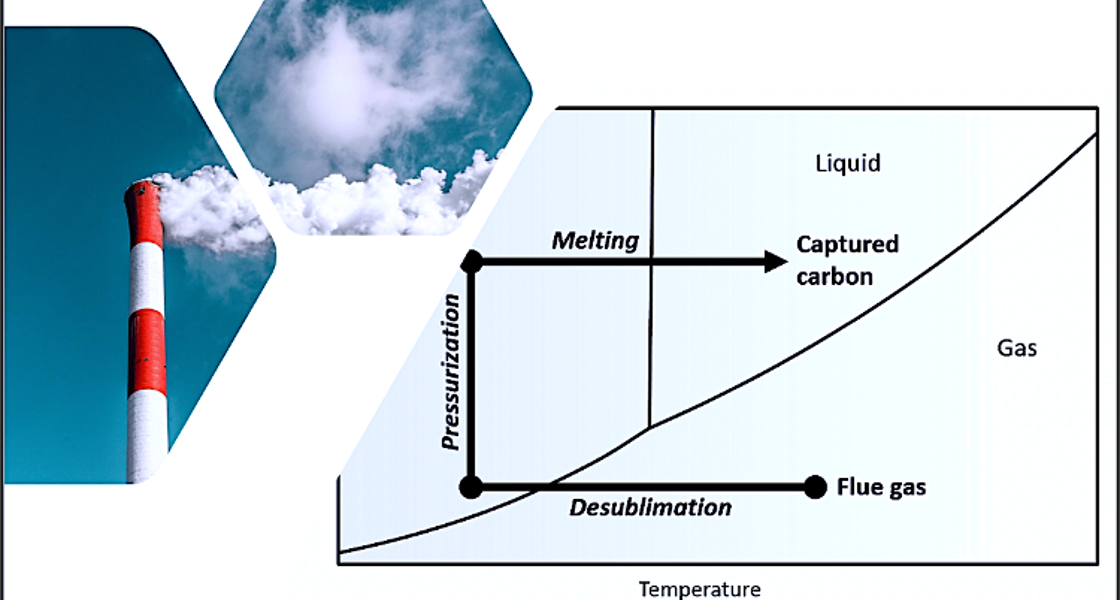
Cryogenic Carbon Capture
Cryogenic Carbon Capture (CCC) is an innovative technology designed to significantly reduce carbon emissions from fossil-fueled power plants by 95–99%, while also tackling other pollutants like SOX, NOX, and mercury. This method operates at half the cost and energy compared to current carbon capture processes by cryogenically desublimating CO2 from flue gas.
Our team specializes in cryogenic phase change and is dedicated to enhancing the understanding of heat transfer and desublimation processes within CCC systems.
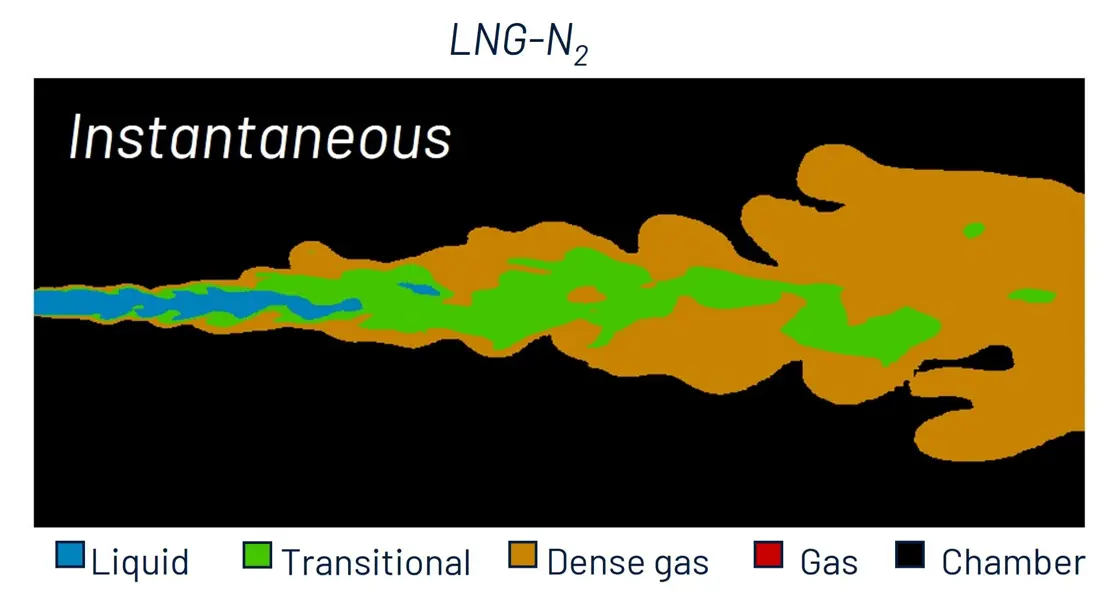
Liquid Hydrogen and Other Cryogenic Energy Carriers
As the sustainability of traditional fossil fuels comes under scrutiny, there's an urgent push for clean, efficient, and scalable energy sources. Cryogenic mediums like liquid hydrogen and Liquified Natural Gas offer high energy density and low emissions, making them ideal for various applications.
Our group is at the forefront of computational research to expedite the adoption of cryogenic energy carriers for a sustainable future.
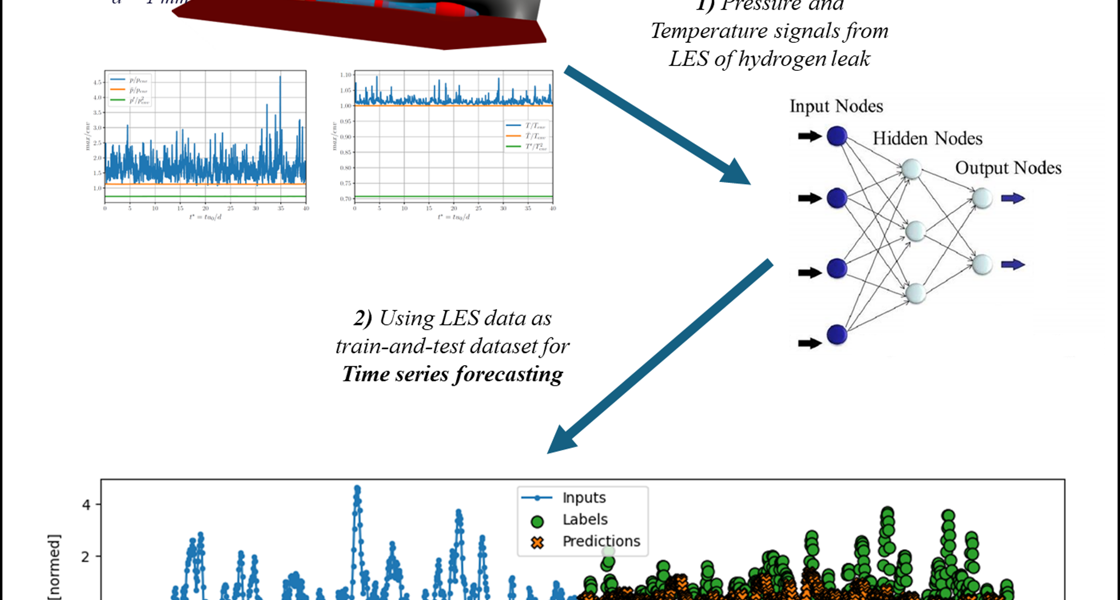
Machine Learning
Machine learning (ML) offers a powerful toolset to enhance computational fluid dynamics (CFD) simulations of cryogenic fluids, improving both accuracy and efficiency. Our group focuses on developing ML algorithms that automate the categorization of fluid behaviors, enabling the creation of more accurate turbulence models and fluid property correlations specific to cryogenic conditions. Additionally, these algorithms optimize mesh generation, reducing computational overhead and guiding adaptive refinement strategies.

